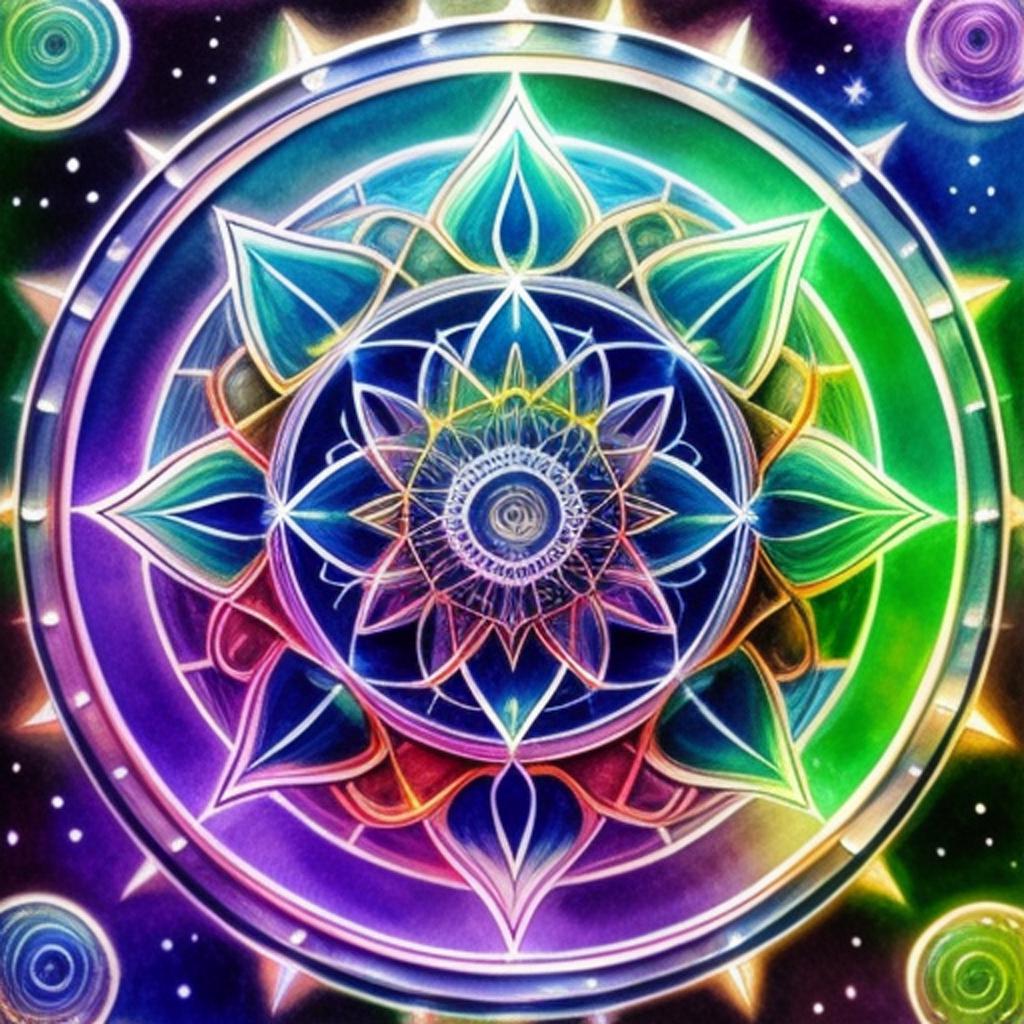Spirituality

Spirituality is defined here as the personal pursuit of one's core beliefs and connections to the universe, and attempts to become more mentally attuned to those beliefs and connections. It is separated fully from belief in the supernatural in order to create a "secular spirituality" that is compatible with science.
It's All In Your Brain
Since the source of all morality, and indeed consciousness itself, is the brain, most "spiritual" pursuits involve attempts to become more in touch with the internal reward systems of our brains.
Buddhism is a spiritual tradition that is almost completely psychological in terms of its practices.
Spiritual tradition is ritualized mental health, whether it is directly acknowledged as it is in Buddhism or indirectly as it is in Judeo-Christian traditions.
Spiritual Best Practices
Modern spirituality borrows rituals and traditions from every culture, as well as the science of psychology, to create a patchwork of religious, cultural, and secular practices that can have widely varying degrees of success.
From this there needs to evolve a more purely evidence-based spiritual tradition that illuminates the intense beauty of the universe with the inspirational language of mysticism. One that taps the power of our ancestors and practices perfected over countless generations, while providing demonstrable value with its refined rituals based on spiritual and psychological best practices.
Secular Spirituality
Spirituality need not imply the supernatural and superstitious. It can be any pursuit of self-knowledge and mental self-improvement practice. An enlightened secular spirituality can find this knowledge in any source, while maintaining a healthy skepticism for spiritual quackery that runs rampant when science and spirit are separate.
Seeking to learn the science behind ancient practices like yoga, prayer and meditation is a spiritual pursuit. Understanding exactly how rituals affect our brains and bodies doesn't demystify them or negate the placebo effect that is at the root of many health benefits.
While sometimes science will prove some cherished tradition to be ineffective or even counter-productive, it will back with the weight of evidence those that really help make our lives better and allow them to continue to be a part of our traditions when spiritual literalism has become a distant memory.
Woo Without Woo
The brain's desire for wonder often leads people to the supernatural. This causes secular and scientifically minded people to refer to it derisively as "woo woo". Quantum woo is often use in attempts to add wonder to science by those who are unable to discern pseudoscience from reality.
Is there a way to infuse science with wonder while still working within the limits of materialism?
Fractal Pantheism offers a viable solution. Using fractal geometry and the universe itself as a scientific metaphor for the god concept, the beauty and wonder found in religious art and psychedelic visions throughout history is evoked, along with the infinite complexity of the evolving universe, and the fundamental, self-referential slipperiness of truth described by Gödel.
It uses a metaphor that helps ground spiritual beliefs in scientific reality, instead of supernatural ones that are too easy to take literally.
Fractals give the brain the wonder and "woo" that it craves while working fully within the framework of the laws of physics.
Secular Spirituality Videos
To demonstrate that secular humanists are not just about debunking, here are some videos that discuss secular visions of spirituality.